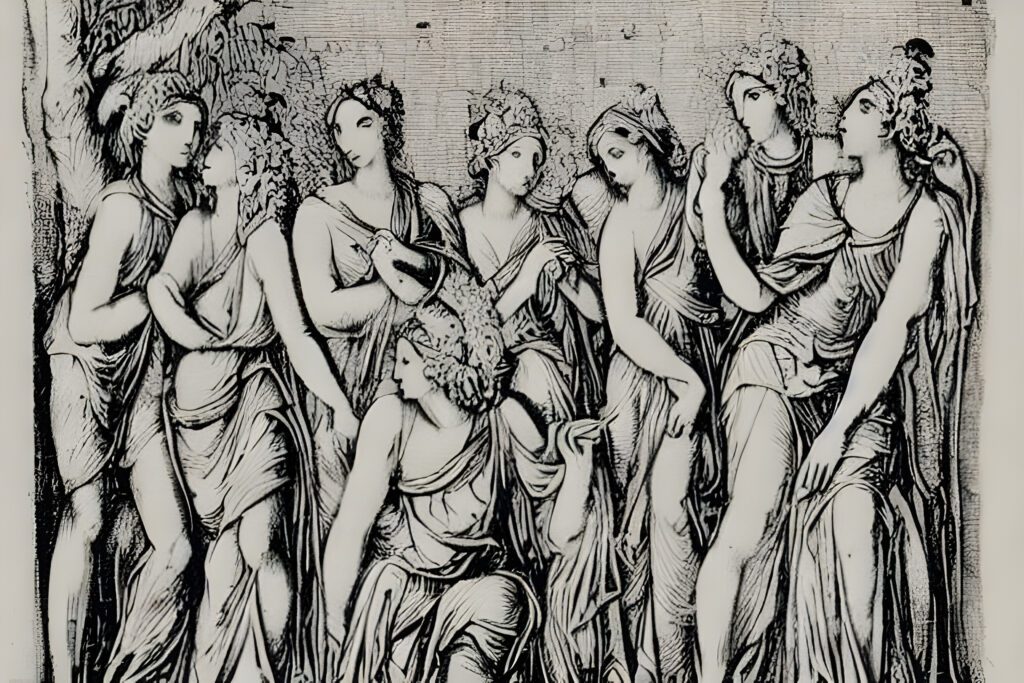I just revisited one of my favorite books, The War of Art by Steven Pressfield, and came across this prayer to the muse which he recites every day before starting to work:
O Divine Poesy, goddess, daughter of Zeus,
sustain for me this song of the various-minded man who,
after he had plundered the innermost citadel of hallowed Troy,
was made to stay grievously about the coasts of men,
the sport of their customs, good and bad,
while his heart, through all the sea-faring,
ached with an agony to redeem himself and bring his company safe home.
Vain hope – for them.
The fools!
Their own witlessness cast them aside.
To destroy for meat the oxen of the most exalted Sun,
wherefore the Sun-god blotted out the day of their return.
Make this tale live for us in all its many bearings, O Muse.
– from Homer’s Odyssey, translation by T.E. Lawrence (Lawrence of Arabia)
There’s a backstory to this, which he shared in his newly published memoir. It was Paul Rink, a friend and mentor of Pressfield, who gifted him this prayer:
In New Orleans, I lived in a neighborhood where the streets were named after the Muses. Thalia Street, Calliope, Erato, Clio, Euterpe, Melpomene, Urania, Polyhymnia, Terpsichore. It was a maritime neighborhood, with boarding houses for merchant seamen and other transient laborers of the port.
I tramped up and down those lanes every day, but I never thought about the reality of the goddesses’ existence, and it had certainly never occurred to me to revere them or to attempt to invoke their favor. Paul changes this.
He teaches me the prayer that he himself recites every morning before he sits down to work. “It’s the Invocation of the Muse, from Homer’s Odyssey, the T.E. Lawrence translation.”
T.E. Lawrence meaning Lawrence of Arabia, among whose many Oxford-spawned passions was a deep love for the classics. “This is how the Odyssey starts. The first eleven lines. It’s Homer offering his prayer to the goddess before he begins to sing. Remember,” Paul says, “the Odyssey was originally sung, not written.” […]
“The Odyssey begins with a crime,” Paul observes. “ ‘. . . after he had plundered the innermost citadel of hallowed Troy.’ “Note the word ‘hallowed.’ In the flush of victory, Odysseus breaks into the sacred precinct of the goddess and pillages it. An outrage against heaven. That’s you and me, Steve. That’s everybody. We have committed a crime against ourselves or against the primal order of the universe, and for this heaven has cast us out and set us in exile upon our journey.”[…]
— Steven Pressfield, Govt. Cheese
On his manual Remington, Paul types out Homer’s Invocation of the Muse and gifts it to me. I still have it. Long ago the page disintegrated into four quadrants. The type is so faded now I can’t tell which part of the prayer is which, or which verses reside beneath my various coffee spills and ink splotches and oily fingerprints.
